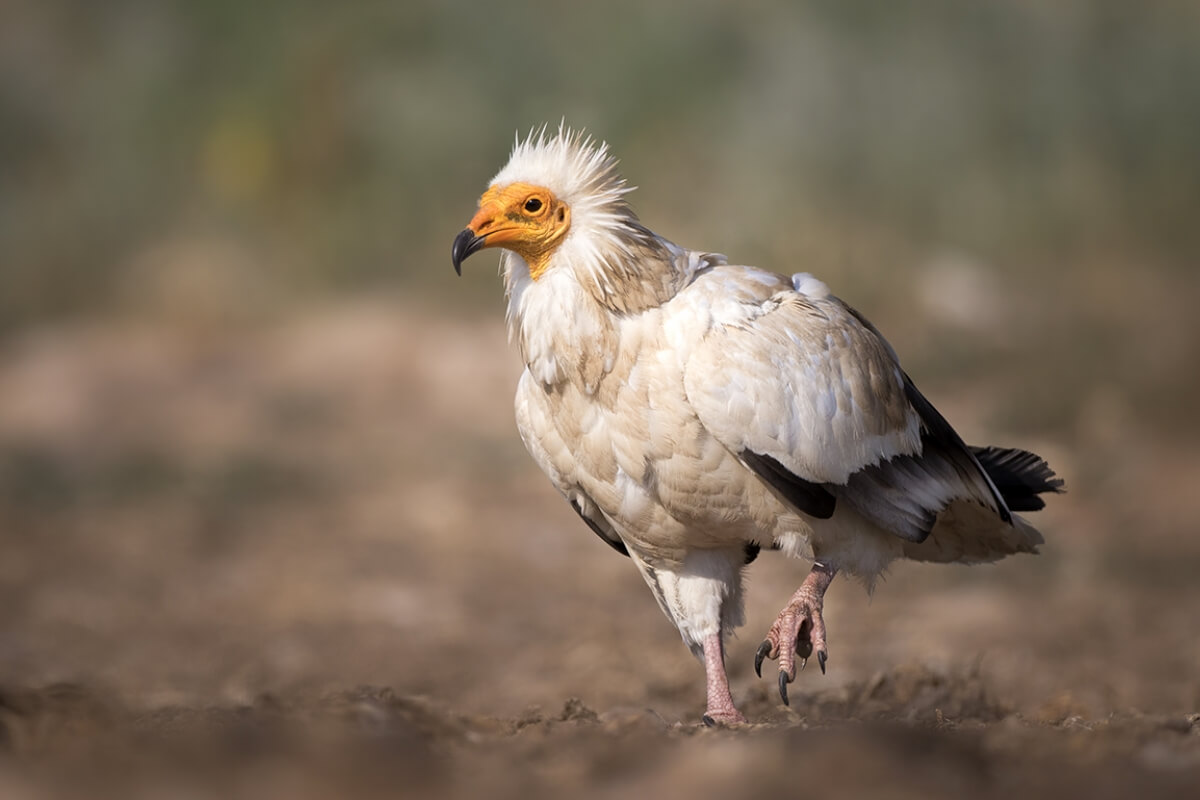ANTIPOISON STAKEHOLDER NETWORK IN EPIRUS

Species
Egyptian vulture
Organization
HELLENIC ORNITHOLOGICAL SOCIETY
Duration
February 2023 - December 2023
Region
Regional Unit of Ioannina, Greece
THE NEED
Once a common and widespread species in Greece, today there are only five pairs of Egyptian vulture in the country. For this reason, the species is currently classified in the Greek Red List of Endangered Species as Critically Endangered. The main threat to the species, in the country and in the whole Balkan region, is the use of poisoned baits, which is quite common, as people in the countryside use them illegally to resolve conflicts with large carnivores or feral dogs. The Egyptian vulture, being a scavenger species, is poisoned through its food, which may consist of carcasses of animals that have consumed poisoned baits.
With only five pairs left, the critically small population of the species is therefore sparsely distributed in the country and is mainly concentrated in the prefecture of Evros. However, due to its location, the Epirus region is key to the recovery of the species in Greece, as it can attract birds from neighboring countries and individuals during dispersal, thus creating a bridge between now isolated subpopulations.
THE PROGRAM
The overall objective of the program is to improve the conservation status of the Egyptian vulture in Epirus, by preserving the areas where it breeds and feeds. To achieve this, the program focuses on mitigating one of the main threats in the region: the use of poisoned baits due to Human-Wildlife Conflict. This approach will help protect other fauna species (wolves, bears, foxes and other saprophagous mammals and birds) as well.
The program consists of five activities:
- Expansion of the Stakeholders Network, a network that has been operating in the area, by the Hellenic Ornithological Society, for many years, and provides advice and support on issues such as: poisoning of livestock guarding dogs, compensation for livestock losses or optimal management of wildlife poisoning incidents.
- Provision of non-lethal methods of predator control, such as electric fences and foxlights, as well as other equipment or consumables (binoculars, medications for livestock guarding dogs, etc.).
- Supply of existing feeding stations, in the areas of Konitsa and Pogoni, with dead animals (goats, sheep or chickens) by the members of the Network.
- Organization of open events in selected large villages, in order to inform people about the Egyptian vulture and the impact of its poisoning on biodiversity.
- Implementation of a campaign in the local media and dissemination of communication materials informing the public about the program, its activities and objectives.